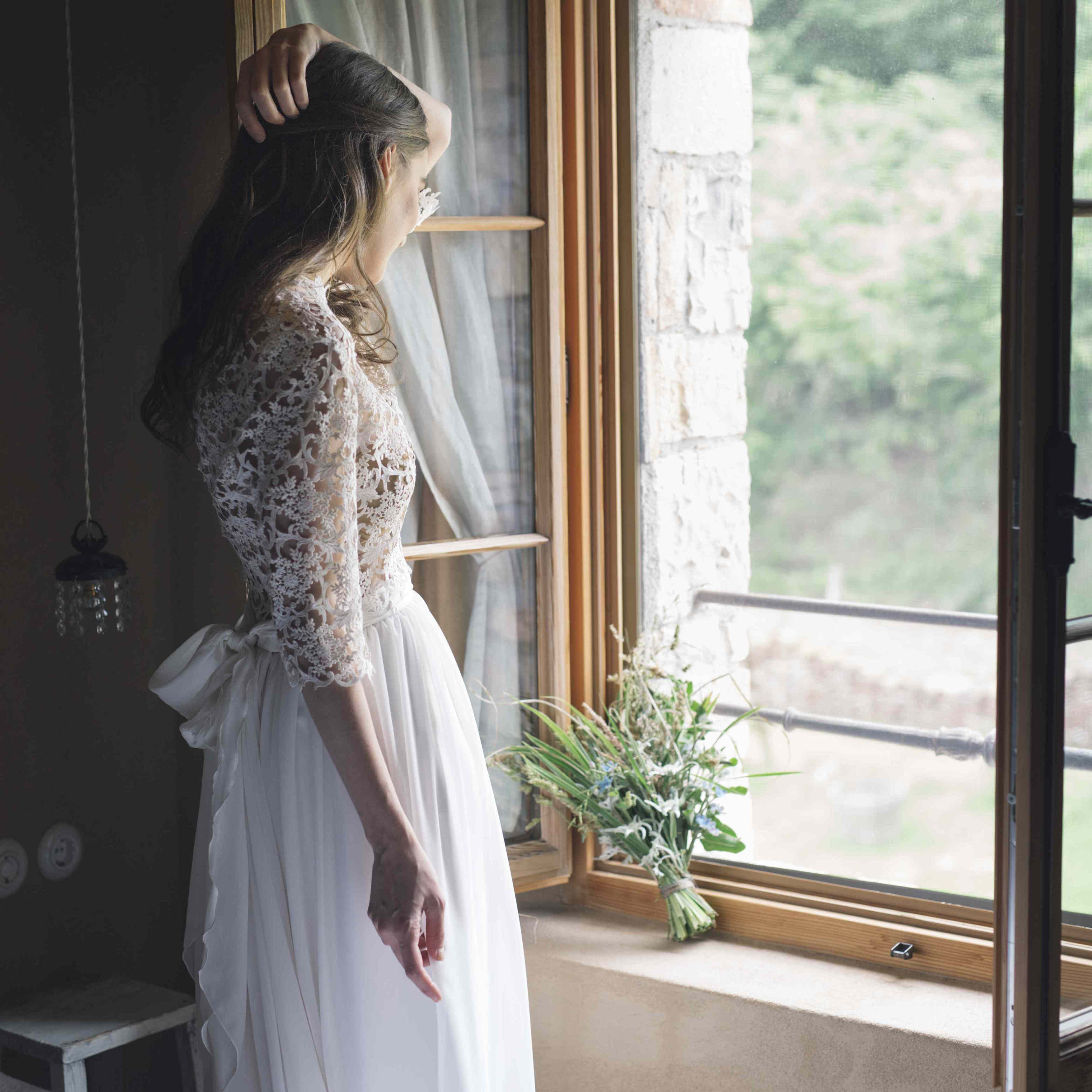The Post-Wedding Blues: A Complete Guide to Understanding and Coping

Understanding Post-Wedding Blues and How to Cope
After saying "I do," many couples find themselves facing a wave of emotions that can feel unexpected and overwhelming. This emotional shift, often referred to as post-wedding blues or depression, is a common experience for many newlyweds. While the wedding day may have been filled with joy and excitement, the reality of married life can bring about a sense of letdown or sadness.
Geoff Lamb, a psychotherapist and couples counselor with over 35 years of experience, explains that post-wedding blues are a natural reaction to the transition from the high-energy wedding events to the everyday routine of married life. He describes it as a feeling of anti-climax when the ceremony and honeymoon are over, and the ordinary aspects of life begin to take center stage. Dr. Kimberly Groscher, founder and CEO of Life by Design Psychotherapy PLLC, adds that while this condition shares some symptoms with clinical depression, such as flatness and lack of fulfillment, it is typically situational and temporary.
Cate Mackenzie, a psychosexual therapist and couples counselor, highlights that the post-wedding blues can be triggered by various factors, including the sudden loss of attention and the realization that the wedding did not resolve all issues in the relationship. She also notes that some couples may experience changes in their sexual dynamics after marriage, which can contribute to feelings of dissatisfaction.
Common Causes of Post-Wedding Blues
There are several reasons why post-wedding blues might occur. One of the primary causes is the natural letdown that follows a major event like a wedding. The anticipation and planning for the big day can create an unrealistic expectation of happiness and fulfillment. When the reality sets in, couples may feel disappointed or disoriented.
Another factor is the shift in attention from the couple to other aspects of life. During the wedding, the couple is the center of attention, but once the event is over, they must return to their daily routines. For some individuals, this change can be difficult, especially if they were used to receiving constant attention and validation.
The wedding can also reveal new insights into relationships with family and friends. Some couples may discover that certain relationships were not as supportive as they had hoped, which can lead to feelings of isolation or disappointment.
Additionally, the post-wedding period can bring a sense of emptiness, as the excitement of planning and preparing for the event has come to an end. Couples may feel like there is nothing left to look forward to, which can contribute to a sense of boredom or apathy.
Recognizing the Signs of Post-Wedding Blues
It’s important to recognize the signs that you or your partner may be experiencing post-wedding blues. These can include a persistent low mood, feelings of sadness, and a lack of interest in activities that were once enjoyable. Other signs may include difficulty connecting with your partner, trouble sleeping, or being distracted during daily tasks.
Dr. Groscher emphasizes that if these feelings persist for more than a few weeks, it may be a sign of post-wedding depression. In such cases, seeking professional help through therapy or counseling can be beneficial.
Coping Strategies for Post-Wedding Blues
To manage post-wedding blues, experts suggest several strategies. First, it's essential to normalize the feelings and understand that they are a common part of the transition into married life. Acknowledging these emotions without judgment can help reduce the sense of isolation.
Paying attention to how the wedding was planned and ensuring that it reflects the couple’s true values and desires can also help prevent feelings of regret. Pre-marital counseling can be a valuable tool in preparing for the challenges of married life and addressing any underlying concerns.
Focusing on the long-term relationship and maintaining open communication with your partner can strengthen the bond between you. Engaging in regular conversations about your expectations and emotions can help prevent misunderstandings and build a stronger foundation for your marriage.
Seeking support from trusted friends, family members, or a professional therapist can also provide comfort and guidance during this time. Remember, it’s okay to ask for help and take steps to improve your well-being.
By understanding the causes of post-wedding blues and implementing effective coping strategies, couples can navigate this challenging period and emerge stronger together.
Post a Comment for "The Post-Wedding Blues: A Complete Guide to Understanding and Coping"
Post a Comment